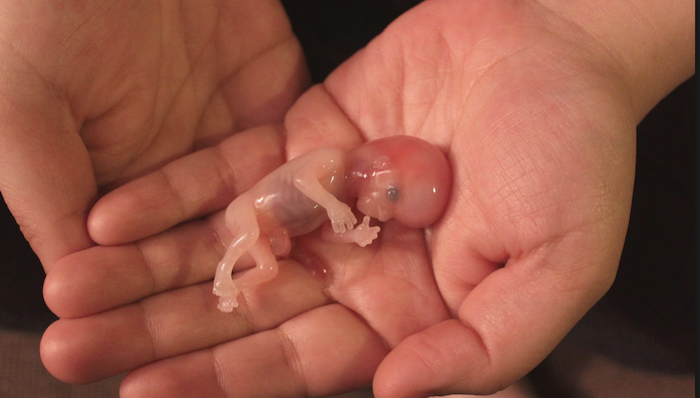
Referring to your niche social concern as “justice” was popularized by Gustavo Guttierez, a Marxist and Jesuit Priest in his formation of Liberation Theology in 1971. The concept was uniquely Americanized about that same time by James Cone in his formulation of Black Liberation Theology in 1970. Since then, leftists have used Christianity to push for various social initiatives to gullible believers in the name of “justice.” Just today, the Ethics and Religious Liberty Commission (ERLC) of the Southern Baptist Convention (SBC) posted a video from South Eastern Baptist Theological Seminary (SEBTS) president, Danny Akin, espousing the virtues of ‘racial justice’ (SEBTS heavily promotes the work of James Cone). From my own conversations with Akin, he seems unable to comprehend that he’s using Marxist terminology, or at the very least, unconcerned.
However, to other progressive Baptists, almost anything can be a “justice” issue. Baptist News Global (BNG) ran an article yesterday replete with an urgent plea to do “environmental justice” on Earth Day. But today, the Baptists at BNG ran a post arguing that abortion is “reproductive justice.”
In a post by Susan M. Shaw, who serves as a gender studies professor at Oregon State University and is a Baptist speaker and activist who wrote, God Speaks to Us, Too: Southern Baptist Women on Church, Home, and Society, BNG argues through their editorial page that ‘Heartbeat Laws’ attack Reproductive Justice, which is the ability for moms to beat, abuse, poison, and murder their children within the womb.
Shaw writes:
Rather than seeing abortion as a single issue, progressives understand abortion access as part of a much larger framework of reproductive justice. SisterSong Women of Color Reproductive Justice Collective defines reproductive justice as “the human right to maintain personal bodily autonomy, have children, not have children, and parent the children we have in safe and sustainable communities.” In other words, reproductive justice sees abortion and other reproductive issues as one facet of the much larger context of people’s lives.
Shaw goes on to basically express the sentiment that abortion is complicated, and ‘justice’ requires giving women the right to kill their kids.
Let me explain, from a Biblical perspective, what “justice” is. God commanded mankind in the Noetic Covenant, “Whoever sheds the blood of man, by man shall his blood be shed, for God made man in his own image (Genesis 9:6).”
That Biblical justice requires vengeange for shedding innocent blood is a no-brainer. God repeatedly gives the death penalty for shedding innocent blood all throughout the Scriptures (Exodus 21:12, Deuteronomy 19:11-12, Numbers 35:30-32).
God abhors, above other things, the shedding of innocent blood (Proverbs 16:17). Perhaps this is the reason why those who killed their babies for the convenience and prosperity promised by the god, Molech, invoked the penalty of death by God (Leviticus 20:2). Those who walk into Planned Parenthood for the same reason should be similarly put to death.
In terms of harming an unborn child by doing violence to a pregnant woman, the Bible has the offender be treated criminally (Exodus 21:22), just as though an already-born person were wounded or killed.
Even and especially in the New Testament, the Civil Magistrate is endowed by God with the ability and responsibility put to death wicked people (Romans 13, 1 Peter 2).
“Reproductive Justice” is not the legalization of abortion, but passing laws against it and summarily hunting down and lawfully executing every parent and physician who murders infants in violation of that law. The death penalty for abortion is Biblical justice.
In terms of how infanticide accords with Baptist doctrine, Shaw writes:
The question of the personhood of a fetus is a theological one upon which Christians disagree. If as Baptists, however, we truly respect the competency of the individual soul before God and the priesthood of the believer, then we can understand that all people must have the freedom to act in consonance with their own consciences before God. Those who are pregnant must answer this theological question for themselves and be able to act upon their own personal theological and moral convictions.











